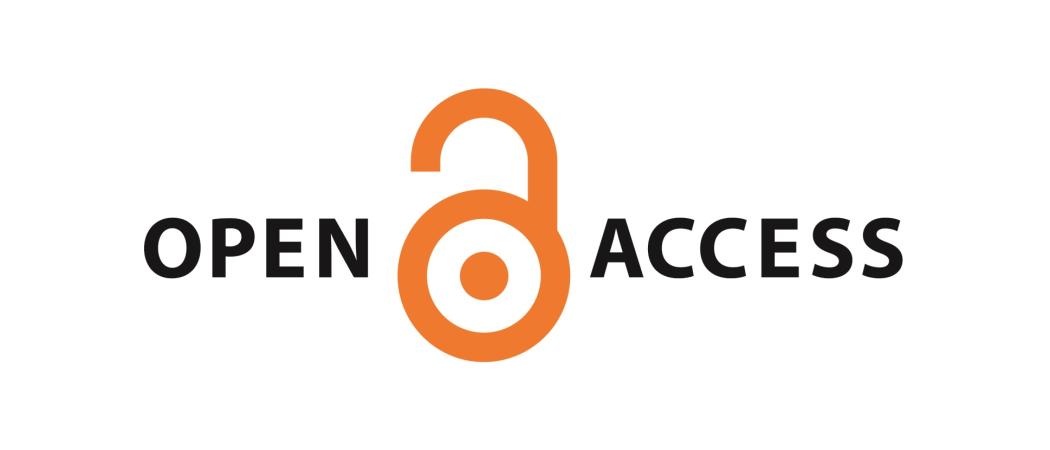The agreement is a landmark decision by one of the largest science publishers and follows years of resisting international push for open access

Leading research institutions in the Netherlands have signed an open access agreement with the science publisher Elsevier.
The deal, signed by Elsevier and the Association of Universities in the Netherlands (VSNU), the Netherlands Federation of University Medical Centres (NFU), the Dutch Research Council (NWO), runs until 31 December 2024.
The parties have been cooking the agreement since December, but the coronavirus health crisis has accelerated the process.
“It’s not even moral anymore if big publishers are not making data immediately available,” Robert Jan Smits, president of the Eindhoven University of Technology told Science|Business. “I think the corona crisis has put enormous pressure on publishers,” he said.
Smits was behind Plan S, a global coalition set in motion with the support of the European Commission and a few national science funding agencies to speed up the global adoption of open access principles to science publications.
According to Smits, the Dutch deal is in line with the principles set out by the Plan S, covering national reading rights to scientific papers across Elsevier’s portfolio of journals and giving full open access publishing to all members of the consortium.
“This deal is quite unique, because up to now, Elsevier has been the science publisher most reluctant to transition to an open access model,” said Smits.
A series of changes in the company, in science and the world at large, nudged the publisher closer to a decision to open up access.
One was a change of guard, with the appointment in February 2019 of Kumsal Bayazit as CEO of Elsevier. The pressure for change increased in April, when competitor Springer Nature decided to allow researchers open access publishing in Nature as of 2021. This prompted a leading Elsevier journal Neuron, to call for an immediate switch to open access. Dozens of scientists signed an open letter by the Neuron editorial board saying, “The writing is on the wall for journals with a paywall, and many of us can no longer serve in good faith on the board of such journals.”
The agreement means 95 per cent of Dutch articles published in Elsevier journals will be outside journal paywalls. The company has committed to extend the open access option to all remaining titles, but, for the time being, Cell and The Lancet, Elsevier’s two most prestigious health journals, are excluded from the deal.
Bayazit said the open access agreement will help the Netherlands “advance[e] science and health outcomes through more open, reproducible and collaborative scholarly communication and knowledge systems.”
NWO President Stan Gielen said the agreement is “a major breakthrough for open science” and is “fully aligned” with the principles set in Plan S.
“This deal is a breakthrough in our ambition for 100 per cent open access in the Netherlands and a prelude to a public knowledge base for information about scientific output,” said Tim van der Hagen, president of Delft University of Technology.
According to Hans Romijn, CEO of the Amsterdam University Medical Center, the agreement, “will certainly contribute considerably to the advancement of research, and, most importantly, better treatments for our patients.”





 A unique international forum for public research organisations and companies to connect their external engagement with strategic interests around their R&D system.
A unique international forum for public research organisations and companies to connect their external engagement with strategic interests around their R&D system.